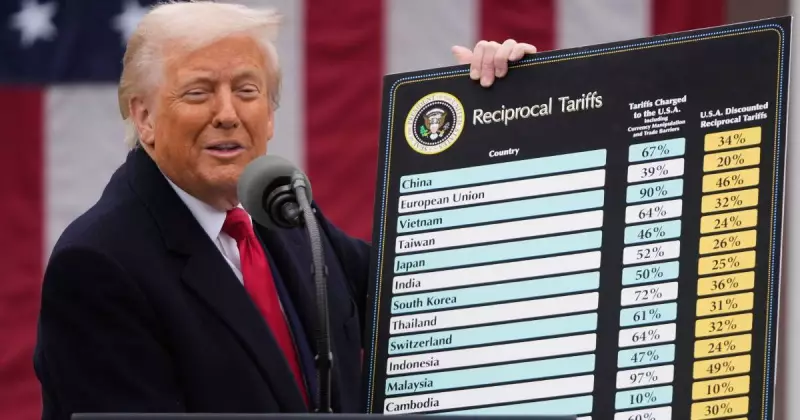
In a move that could reshape international trade relations, the US Supreme Court has agreed to examine the legal foundation of tariffs imposed during Donald Trump's presidency. The case centres on whether the former president overstepped his authority when implementing sweeping import taxes on foreign steel and aluminium.
The Legal Battle Over Presidential Power
The court will specifically scrutinise Section 232 of the Trade Expansion Act of 1962, the provision Trump invoked to justify tariffs he claimed were necessary for national security. Critics argue the law has been stretched beyond its original intent, transforming from a genuine security measure into a tool for economic protectionism.
"This case represents a fundamental challenge to how much authority a president should wield over international trade," explained a constitutional law expert. "The outcome could either reinforce or significantly constrain presidential power in this domain."
Global Implications for Trading Partners
The decision carries particular significance for Australia and other US allies caught in the crossfire of Trump's trade policies. While some Australian exporters secured exemptions, the broader tariff regime created uncertainty and disruption across global supply chains.
The legal challenge comes as Trump campaigns for a potential second term, during which he's promised even more aggressive trade measures. A Supreme Court ruling against the tariff authority could complicate those plans.
What's at Stake for Future Trade Relations
- Presidential authority: How much power should presidents have to unilaterally impose tariffs?
- National security scope: Can economic concerns legitimately be framed as security threats?
- Global trade stability: Will the ruling create more predictability for international partners?
- Precedent setting: The decision could influence trade policy for decades to come.
Legal observers note that while the Supreme Court typically defers to presidents on national security matters, the broad interpretation of "national security" in this context presents novel legal questions. The case has drawn attention from business groups, foreign governments, and constitutional scholars alike.
With oral arguments expected later this year and a decision likely in 2025, the international business community watches closely. The ruling could either validate the aggressive trade approach of the previous administration or force a fundamental reconsideration of how America engages with global markets.





